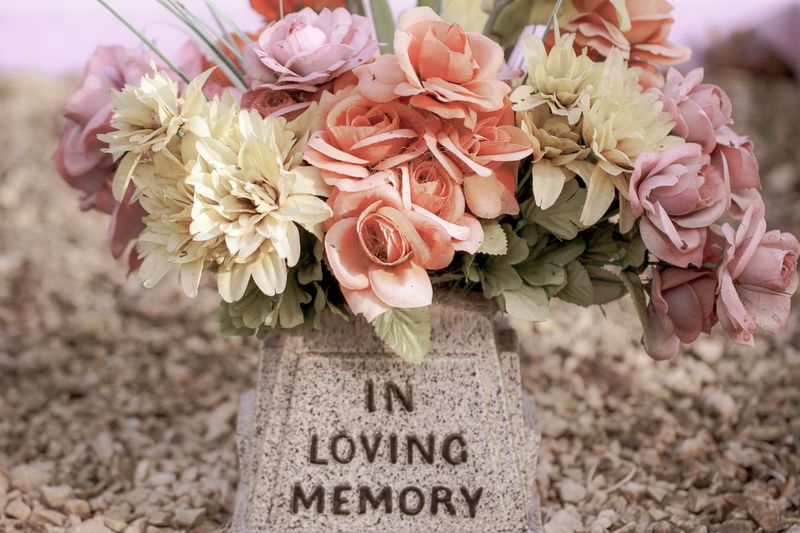Iranian Filmmaker Dariush Mehrjui and his Wife Murdered
A Shocking Loss for the Iranian Film Industry
Renowned Iranian filmmaker Dariush Mehrjui and his wife, Vahideh Mohammadifar, were brutally murdered on Saturday evening at their home near Tehran. The 83-year-old director, who had played a crucial role in establishing the international recognition of Iranian cinema, and his 54-year-old wife were stabbed multiple times in the neck. The local news agency, ISNA, reported that four suspects have been identified, and two have been apprehended. However, the circumstances surrounding the double homicide remain mysterious.
A Pioneer of Iranian Cinema
Dariush Mehrjui, considered one of the greatest representatives of Iranian cinema, had a career spanning six decades as a director, producer, and screenwriter. Throughout his career, he grappled with censorship, both before and after the Islamic revolution in 1979. In 1969, Mehrjui directed “The Cow,” one of the early films of the Iranian New Wave, which won the Jury Prize at the Venice Film Festival in 1971.
A Talented Duo
Mohammadifar, the wife of Mehrjui, was also a talented writer and scenographer. The couple was discovered by their daughter, Mona, who had received a message from her father inviting her to dinner at their home in Karaj, a city located about 40 kilometers west of Tehran. When Mona arrived an hour and a half later, she found her parents’ lifeless bodies with fatal neck wounds.
A Philosopher and an Artist
Born on December 8, 1939, in Tehran, Dariush Mehrjui studied philosophy in the United States before returning to Iran, where he launched a literary magazine and released his first film, “Diamond 33,” in 1966. He went on to direct socially conscious films such as “The Cow” (1969), “Mr. Naive” (1970), “The Cycle” (1974), “The Tenants” (1987), and “Hamoun” (1990). After the 1979 Islamic revolution, he spent a few years in France, where he made the docu-fiction film “Journey to the Land of Rimbaud.” Besides his work in cinema, Mehrjui translated works by French writer Eugène Ionesco and German Marxist philosopher Herbert Marcuse into Persian. He achieved great success in Iran with “The Tenants” in 1987 and followed it with “Hamoun,” a dark comedy about a day in the life of an intellectual grappling with divorce and intellectual anxieties in a Iran dominated by technology giants Sony and Toshiba.
A Champion of Women’s Stories
In the following decade, Mehrjui created powerful portraits of women in films such as “Sara,” “Pari,” and “Leila.” The latter, a melodrama starring actress Leila Hatami, tells the story of a sterile woman who encourages her husband to marry a second wife. In an interview with Iranian media, Mehrjui explained that he drew inspiration from Ingmar Bergman and Michelangelo Antonioni, saying, “I do not make directly political films to promote any ideology or point of view. But everything is political […]. Cinema is like poetry, it cannot take sides for anyone. Art should not become a tool for propaganda.”
An Irreparable Loss for Iranian Cinema
The tragic and senseless murder of Dariush Mehrjui and his wife has sent shockwaves through the Iranian film community and beyond. Mehrjui’s contribution to the development and globalization of Iranian cinema cannot be overstated. His films have been celebrated and awarded around the world, and his unique storytelling and social commentary have left an indelible mark on the art form.
A Call for Justice
The Iranian authorities have made swift arrests in connection with the murders, but it is imperative that a thorough and transparent investigation be conducted to bring the perpetrators to justice. The loss of Mehrjui and his wife is not only a personal tragedy but also a blow to the artistic and cultural fabric of Iran. The Iranian government must ensure that artists and cultural figures can work in an environment that prioritizes their safety and protects their creative freedom.
An Opportunity for Reflection
This devastating incident should prompt a broader discussion about the importance of art and its role in society. Dariush Mehrjui’s steadfast commitment to his craft, in the face of censorship and political adversity, serves as an inspiration to artists around the world. It is a stark reminder that art has the power to transcend borders, challenge societal norms, and provoke critical thinking.
The legacy of Dariush Mehrjui will endure through his timeless films and the impact he has had on the Iranian film industry. His work will continue to captivate audiences and provide a glimpse into the rich cultural heritage of Iran. The international community must also recognize and appreciate the contributions of Iranian filmmakers, who often work under challenging conditions, yet continue to produce groundbreaking and thought-provoking cinema.
As we mourn the loss of Dariush Mehrjui and his wife, let us also celebrate their extraordinary lives and the invaluable contributions they made to Iranian cinema and the global artistic community.

<< photo by Sandy Millar >>
The image is for illustrative purposes only and does not depict the actual situation.
You might want to read !
- Iranian Filmmaker Dariush Mehrjui Stabbed to Death: Uncovering the Tragic End of an Artistic Visionary
- The Escalating Conflict: Tragic Loss of Canadian-Israeli Shir Georgy
- Tragic Loss: Philadelphia Mourns the Fatal Shooting of Prominent Journalist and Activist
- Tragic Loss: The Untimely Demise of Nic Kerdiles, Former Flame of Savannah Chrisley
- Port Coquitlam school ravaged by suspicious overnight fire: A devastating blow to the community
- Iran Denies Reports of Ronaldo Adultery Sentencing
- “Goosebumps” TV Series Review: Disney+ Delivers a Thrilling R.L. Stine Adaptation
- Foreign National Palestinians Receive Support Amidst Israel-Hamas Conflict
- “Taylor Swift’s ‘Eras Tour’ Movie: Unveiling the Highlights and Insights”
- Conservative former businessman wins New Zealand election, set to reshape country’s political landscape
- Logan Paul vs. Dillon Danis: A Violent Showdown Looms as Paul Vows to ‘Decapitate’ His Opponent
- Dianne Feinstein, Veteran Senator, Passes Away at the Age of 90
- Colin Kaepernick seeks leadership role with the Jets: A plea for opportunity in pursuit of social change




